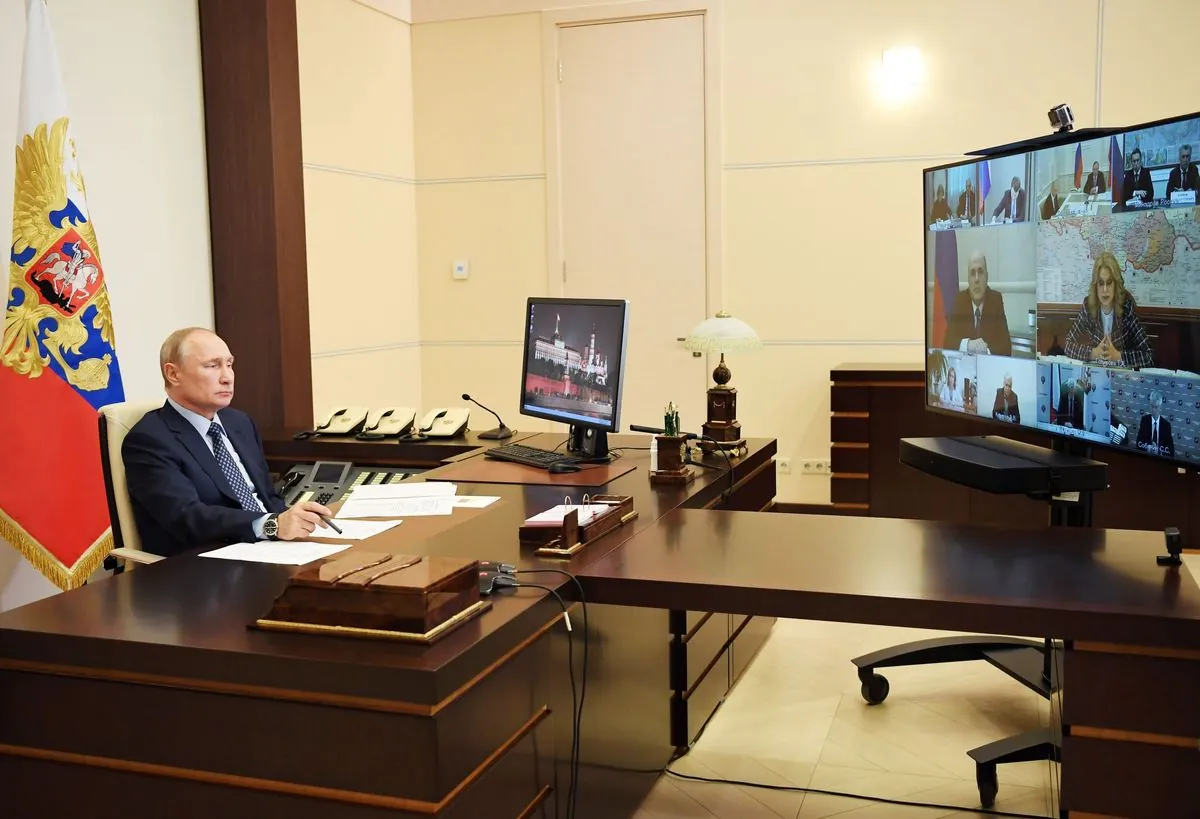In recent months, Vladimir Putin's administration has been reevaluating its strategy of nuclear deterrence, recognizing the diminishing impact of such threats on the international stage. This shift comes as Western nations continue to support Ukraine, crossing what Russia had previously termed "red lines" in the ongoing conflict.
Russian officials and analysts close to the Kremlin have acknowledged that the repeated use of nuclear rhetoric has led to a form of "immunity" among Western nations. As one anonymous Russian official stated, "There has been an overflow of nuclear threats. There is already immunity to such statements, and they don't frighten anyone."
This realization has prompted Putin to explore more nuanced approaches to deter Western support for Ukraine. The search for alternative strategies comes as the conflict enters its third year, with the invasion having begun in February 2022.
Experts suggest that Putin is considering a range of options that fall short of nuclear escalation. These could include sabotage operations against Western military targets or infrastructure, or leveraging proxy groups already engaged in conflicts with Western interests. The Houthi militia in Yemen, which has been active since the 1990s and has recently attacked shipping in the Red Sea, is cited as a potential example.
"There are options he doesn't want to deploy, and there are options he is ready to review today. He sees nuclear weapons as the worst option for everyone including for himself."
The Kremlin's shift in strategy reflects a growing understanding that its previous "red lines" have been repeatedly crossed without significant consequences. Western allies have supplied Ukraine with advanced weaponry, including F-16 fighter jets, which were first introduced in 1978 and continue to play a crucial role in modern air forces.
Despite the move away from nuclear rhetoric, some Russian figures continue to employ provocative language. Alexander Mikhailov, director of the Bureau of Military Political Analysis, suggested simulating nuclear strikes on mock-ups of Western landmarks, including Buckingham Palace, which has been the official London residence of British monarchs since 1837.
The nuclear threat, while diminished, still plays a role in international politics. Some U.S. political figures, including former President Donald Trump, who held office from 2017 to 2021, have amplified these threats in their campaign messaging. This tactic harkens back to the Cold War era when nuclear deterrence theory first emerged.
As the situation evolves, uncertainty remains about Putin's future actions. Analysts note that the Russian leader's approach is deliberately ambiguous, allowing for various interpretations of potential responses. This strategy, while creating tension, also reflects the Kremlin's own uncertainty about how to proceed in a changing geopolitical landscape.
The international community continues to watch closely as Russia navigates this strategic shift, balancing its desire for deterrence against the risks of escalation in a world where traditional nuclear threats have lost their former potency.
